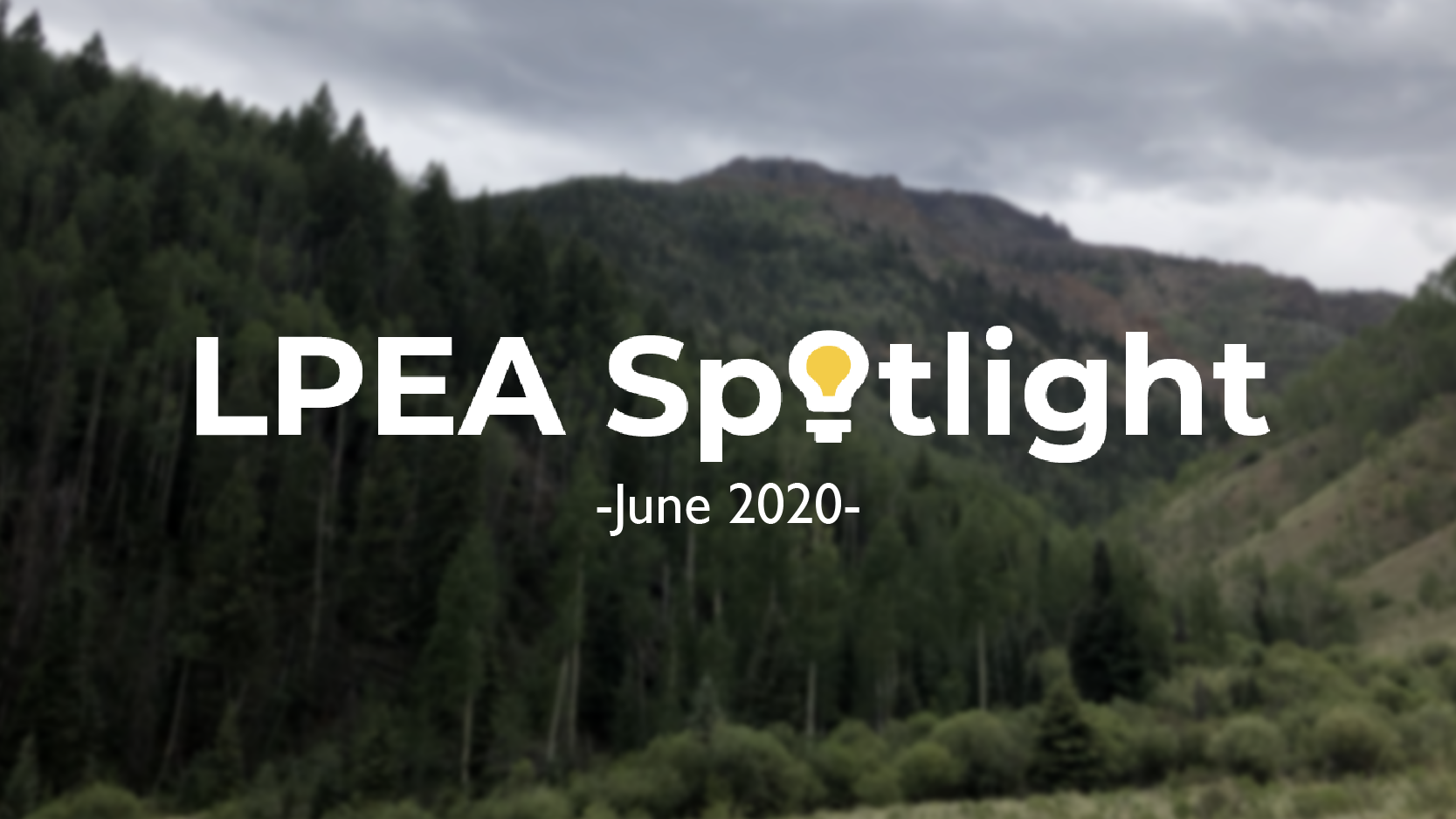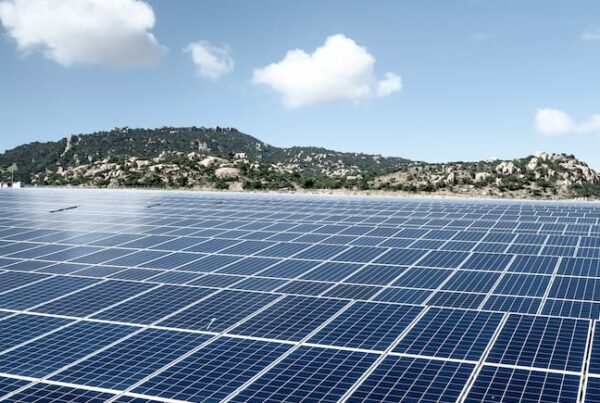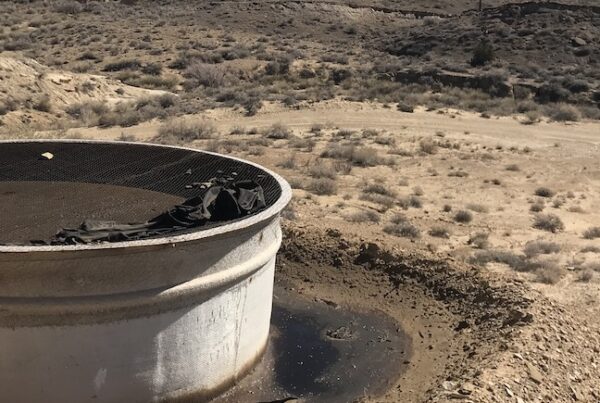This blog series covers the monthly La Plata Electric Association (LPEA) Board of Directors meetings. We’re tracking the board for transparency and accountability, as well as to stay current on their renewable energy initiatives. Find past and future spotlights here.
Get LPEA Spotlight in your inbox!
[button color=”extra-color-1″ hover_text_color_override=”#fff” size=”large” url=”#connect_open” text=”SUBSCRIBE” color_override=”#a1d078″]
Last month, we discussed Tri-State’s Electric Resource Plan (ERP) and how it’s a way for member-owners to get involved and advocate for cleaner, cheaper power.
At the beginning of June, Tri-State filed the first phase of their ERP, the Assessment of Existing Resources. This document will be used to help formulate their full ERP, which is due to the Colorado Public Utilities Commission (PUC) by the end of this year.
What’s in the Assessment of Existing Resources?
1. Not much
Continuing its trend of keeping member co-ops in the dark as much as possible, Tri-State redacted large swaths of the first part of the ERP, and they’ve petitioned the Colorado Public Utilities Commission (PUC) to keep huge parts of the plan from the public. That lack of transparency is bad on its own, but what’s even worse is that some of the information that Tri-State insists must be private is readily available from other utilities through the Federal Energy Regulatory Commission (FERC). You might remember that Tri-State is now subject to FERC oversight, and filed the same form as other utilities this spring. But somehow, they still think they have special status and are exempt from providing this information.
2. Continued Reliance on Coal
Tri-State detailed plans to keep providing coal-fired electricity from out of state coal plants to Coloradans into the 2040s, despite the emissions reduction goals contained in HB-1261 that were passed during the 2019 legislative session.
This continued reliance on fossil fuels flies in the face of the current economics of coal. If we ever want to see our rates go down, or even stabilize, Tri-State needs to implement a swift transition to renewable power. Even the owners of the Craig plant are looking to exit faster than Tri-State, and Tri-State’s June ERP filing ignores any possibility of retiring its Craig units before 2030.
Public Participation Opportunities:
Usually, when Tri-State formulates their energy plans, they try and shut member-owners out. Remember the Responsible Energy Plan from January? Tri-State didn’t let members participate in that plan and they shut out local voices as best they could while making top-down decisions. But for the ERP, Tri-State is required to allow customers to be part of their decision-making process, and it’s the first opportunity for our voices to truly be heard in Tri-State’s long-term energy planning.
Most public comment for Tri-State’s ERP will occur later this fall, and it’s critical that your voice is heard! The ERP is a chance to hold Tri-State accountable and move towards a future of cleaner, more affordable energy. Stay tuned for updates on public comment opportunities!
In Other News… LPEA gets closer to getting its buyout number
LPEA has been trying to get its buyout number since last July, and recently filed a complaint at the Colorado PUC asking them to step in and determine a just and reasonable exit fee. Now, a decision on that complaint is expected almost any day now at the PUC.
On the federal side, FERC accepted Tri-State’s exit methodology plan, but not its provisions to assess the cost of a buyout. This gets a little wonky, but it essentially means that until FERC studies the details, Tri-State’s buyout plan isn’t completely approved. And the FERC process will probably take months, much longer than the Colorado process. Remember, we’re expecting a first decision at the state level any day now, and after a few back and forths the full commission could issue a decision by the end of the summer. That’s where it gets confusing yet again- Tri-State’s CEO claims that FERC has ultimate authority over exit fees, but if the federal process drags on for months, what will happen with the PUC decision?
We’re keeping an eye on what’s going on with all these exit fee methodologies, and will keep you in the loop as these processes unfold. In the meantime, remember to show up and have your voice be heard! LPEA meetings are still being held via Zoom- it’s easy to log on and tell the Board that you support their movement towards a cleaner, affordable LPEA.
UPCOMING MEETINGS:
Next LPEA Meetings:
July Board Meeting: Wednesday July 15th via Zoom (see LPEA website for deatils). Public comment is at 9am.
Call or email your LPEA Board Directors.
(Hover over your neighborhood for contact information!)




